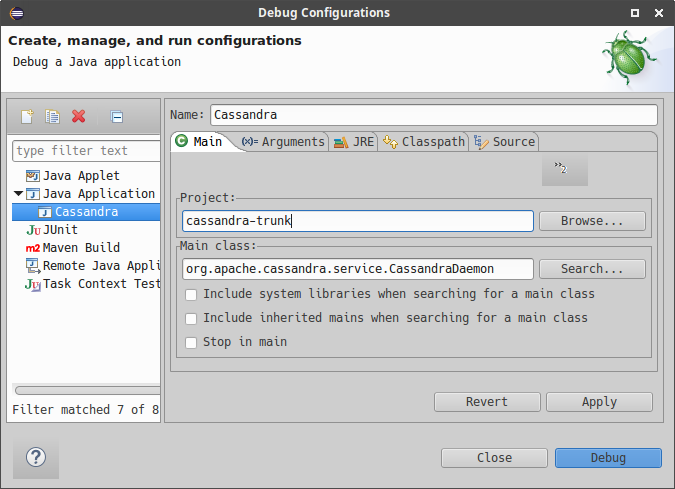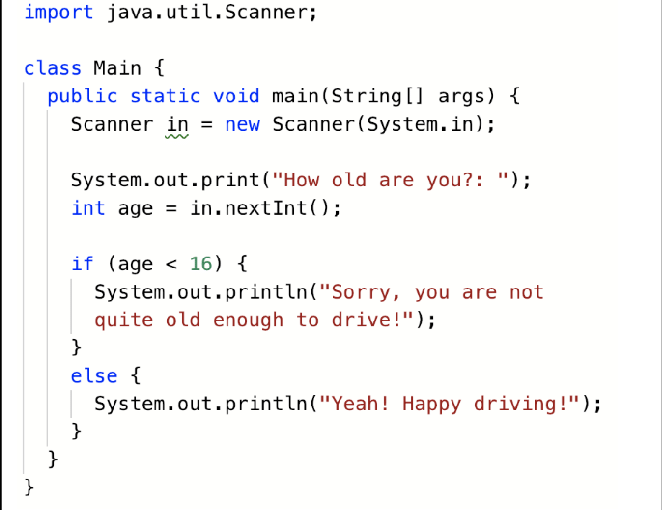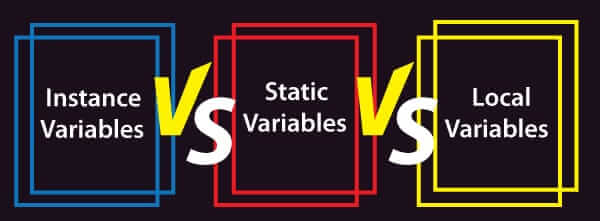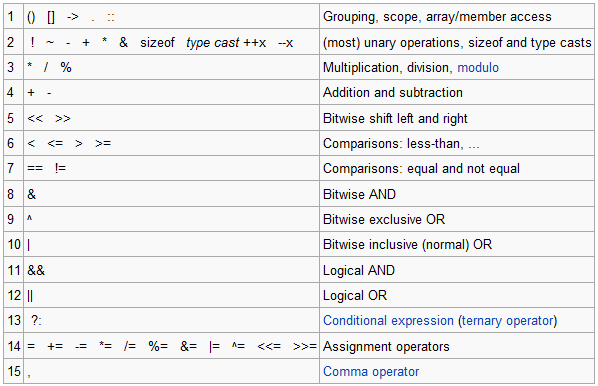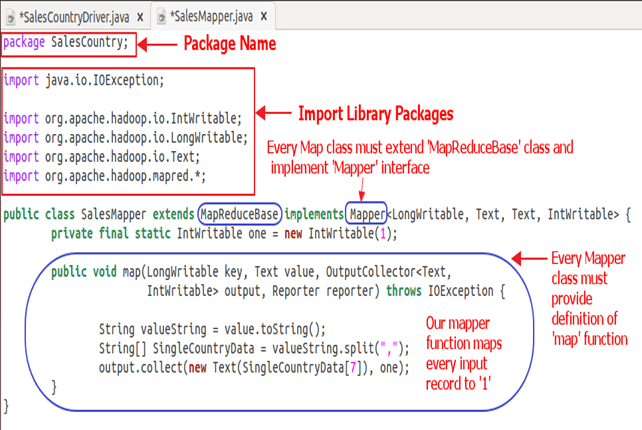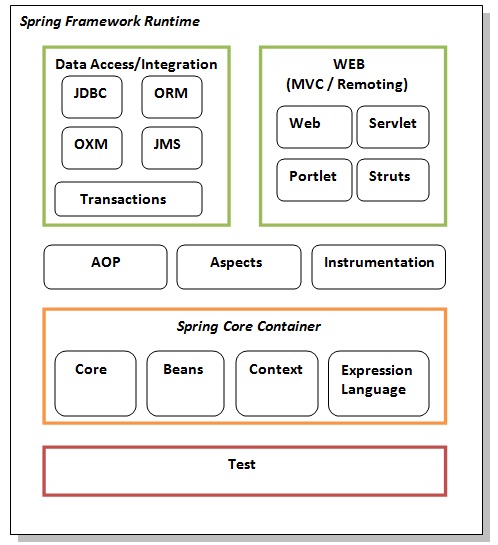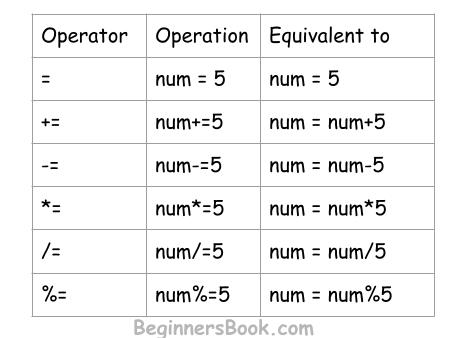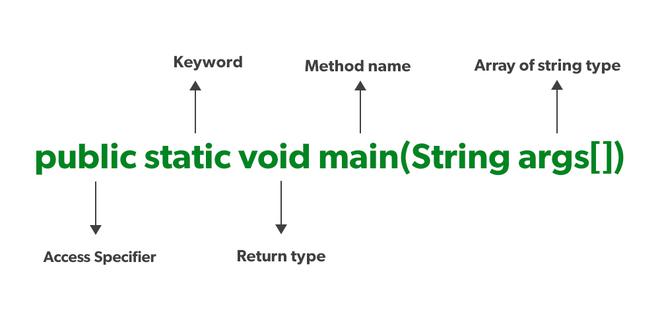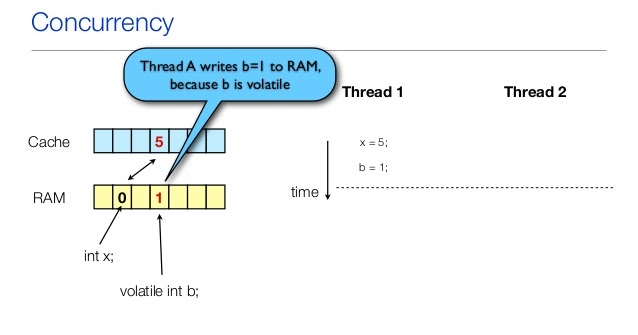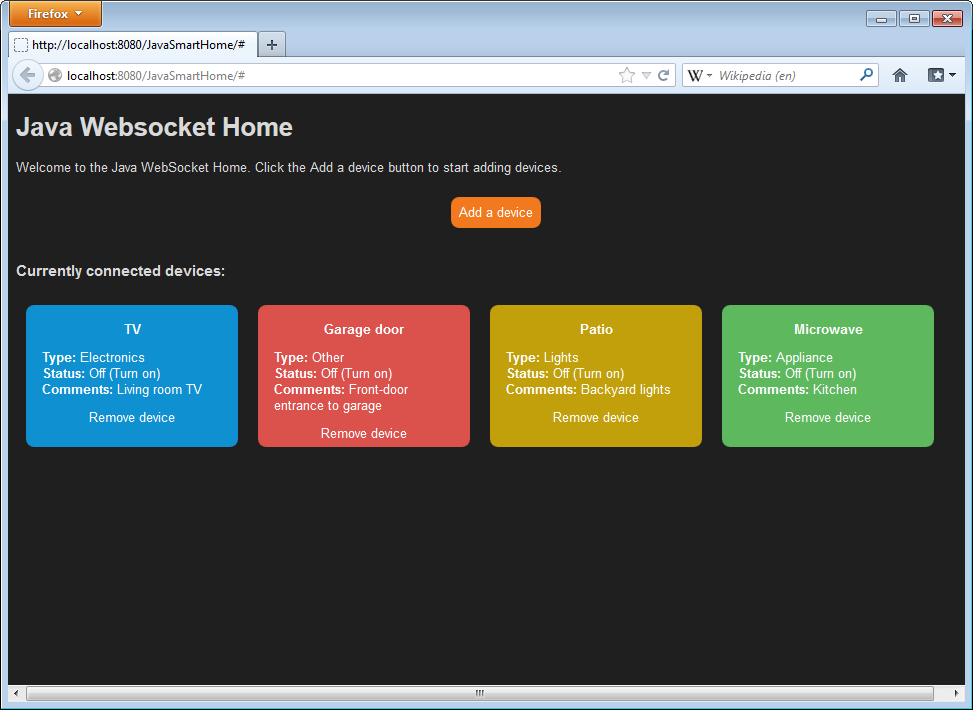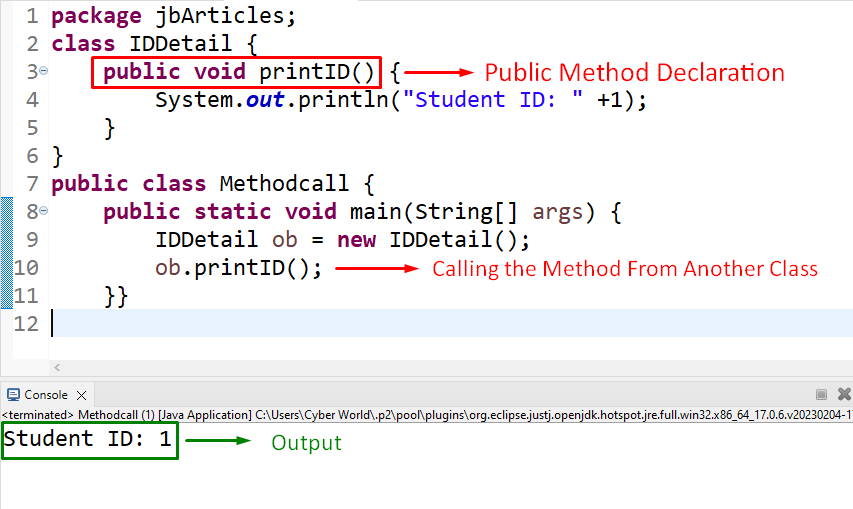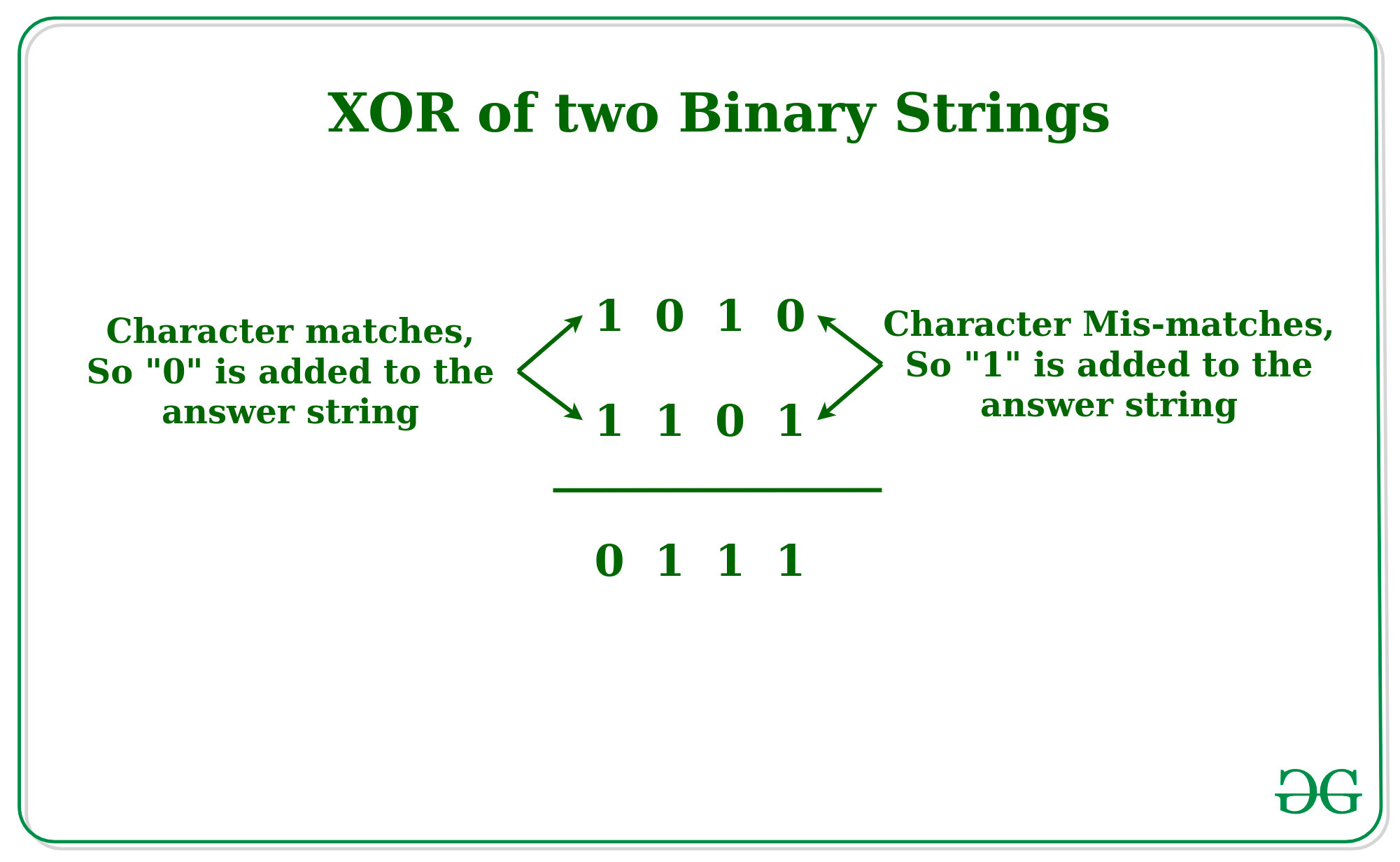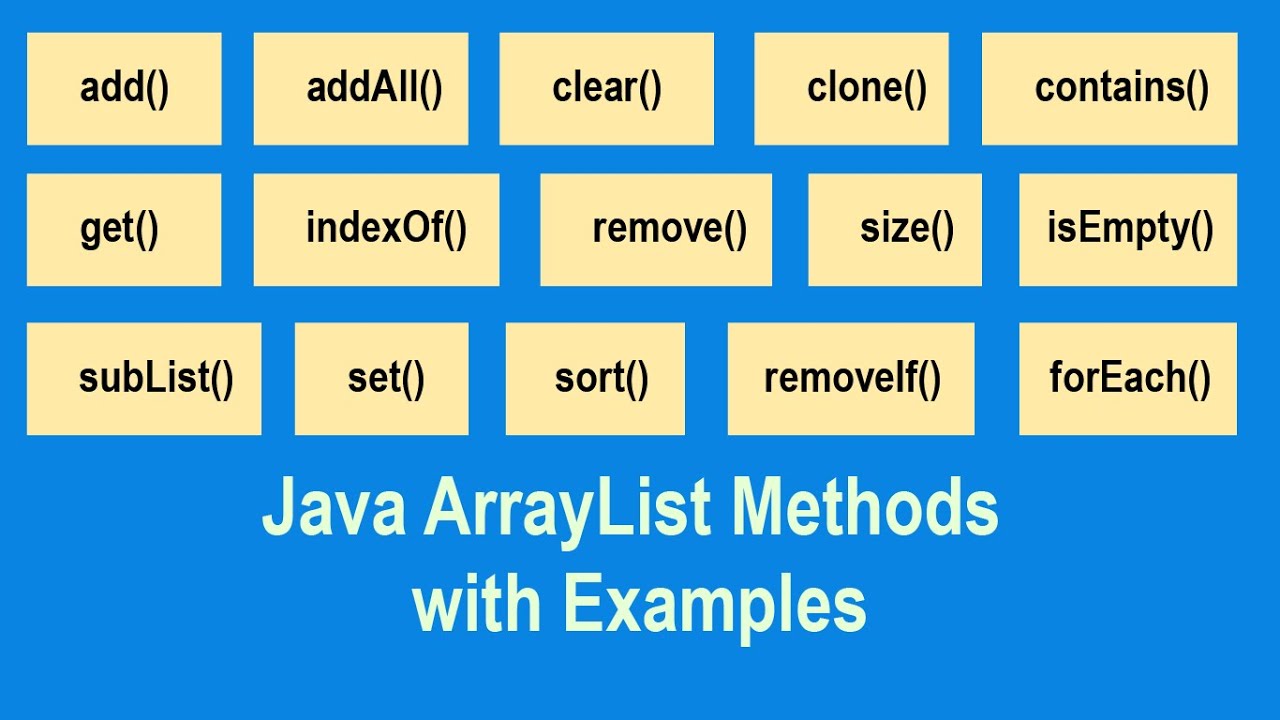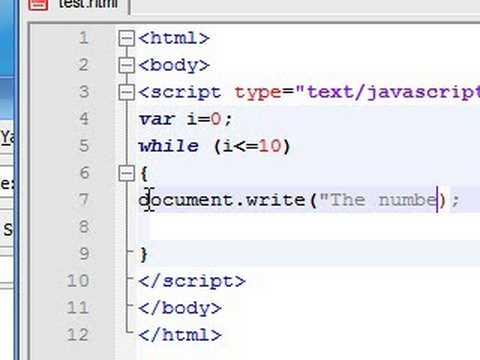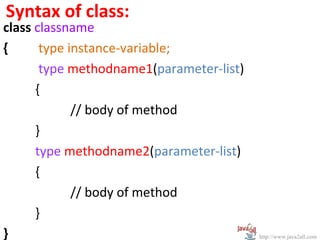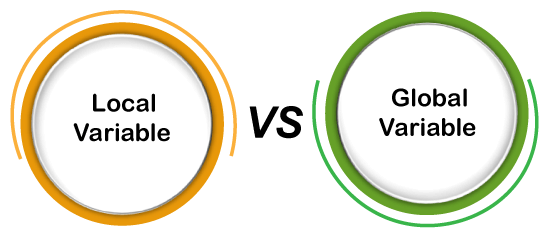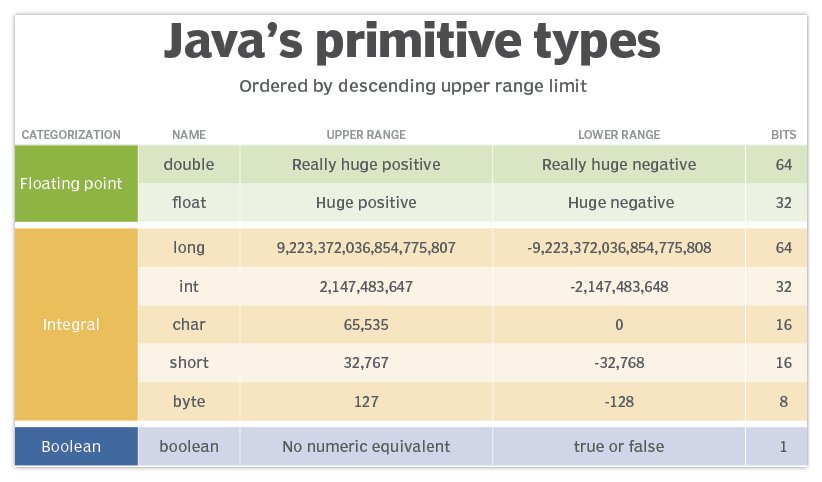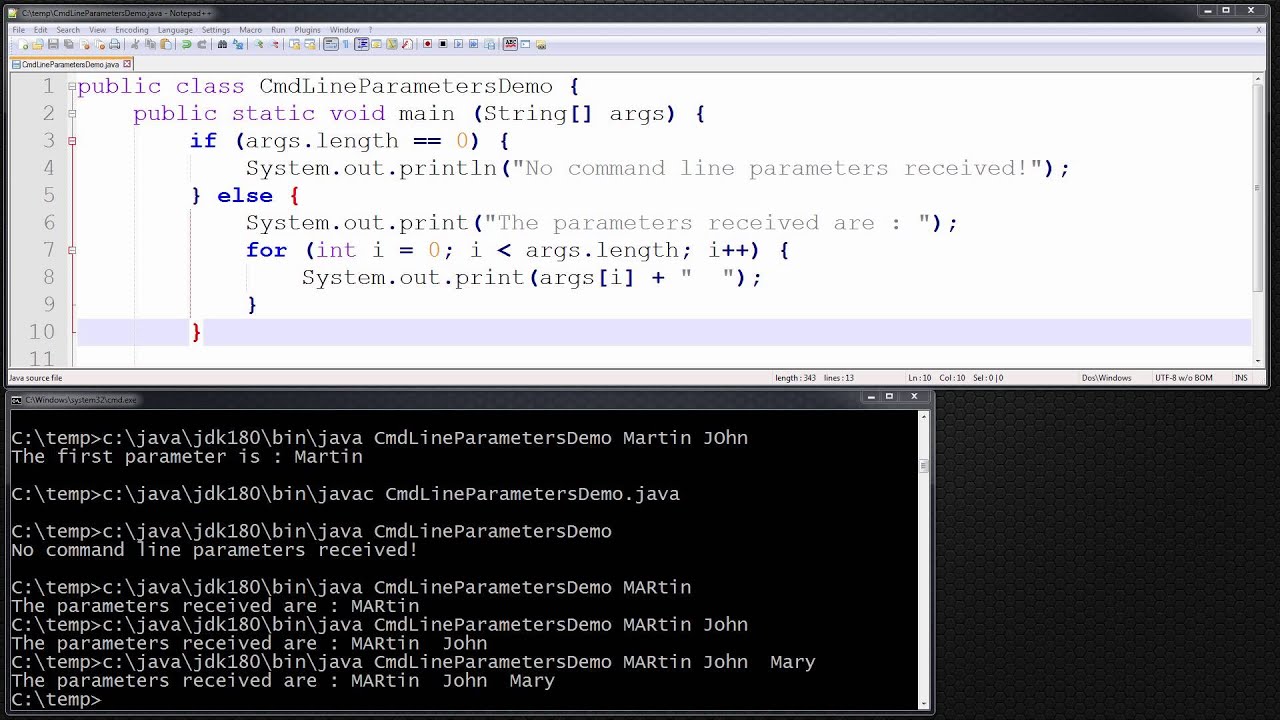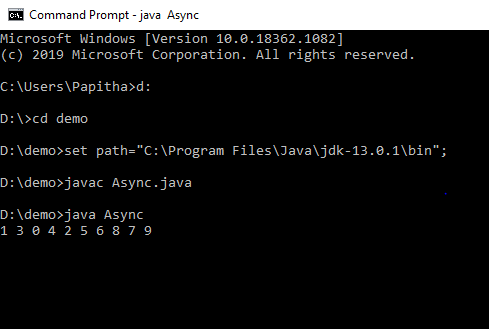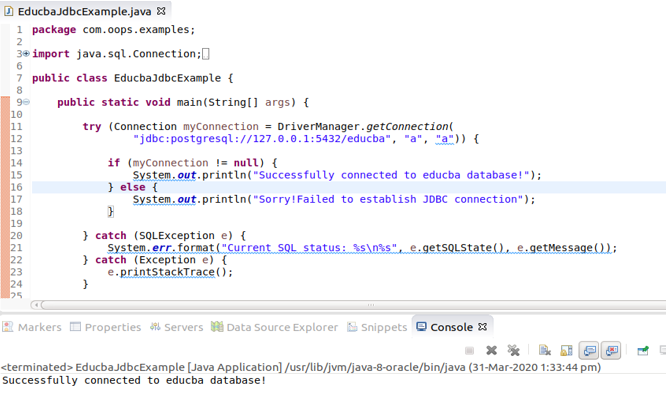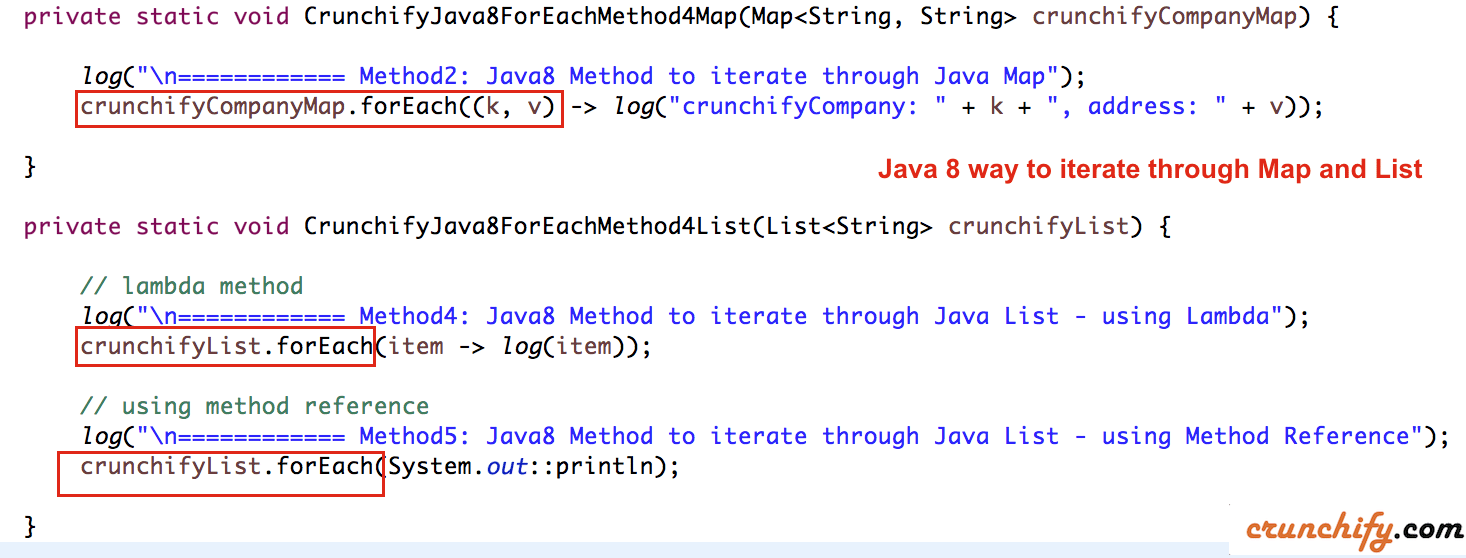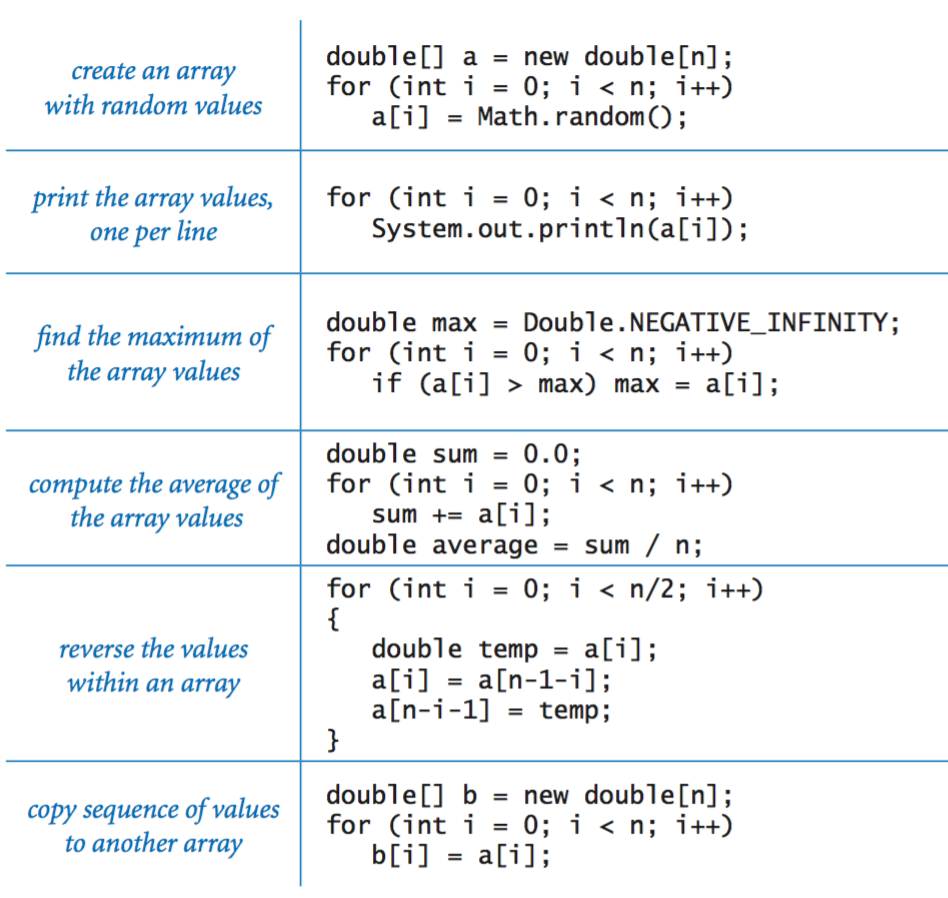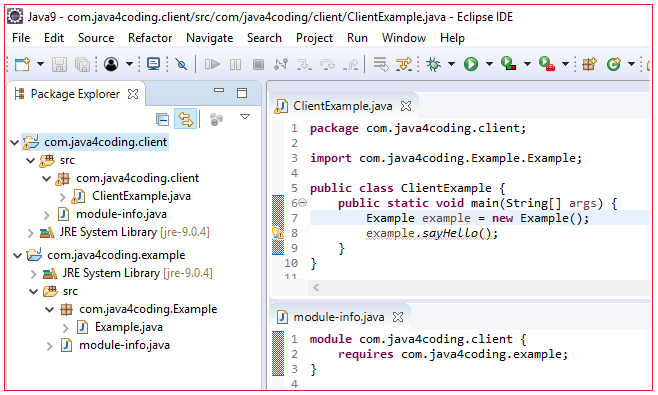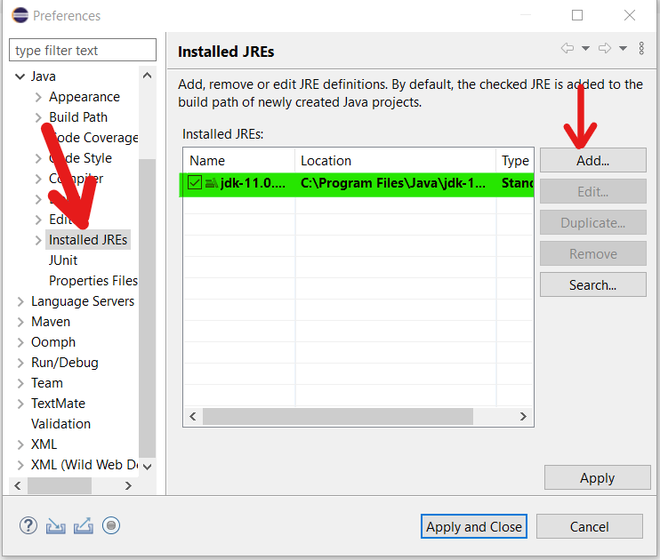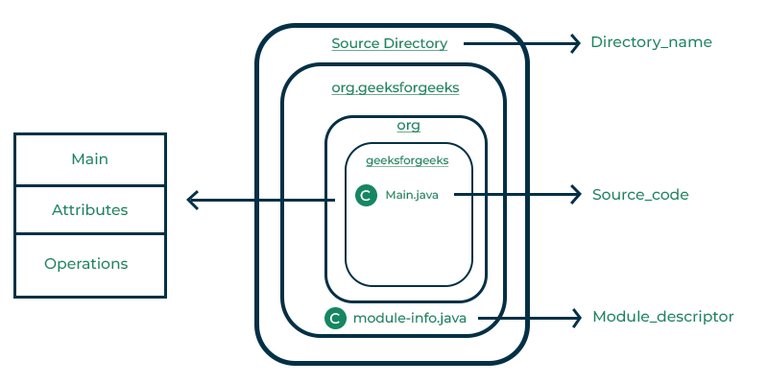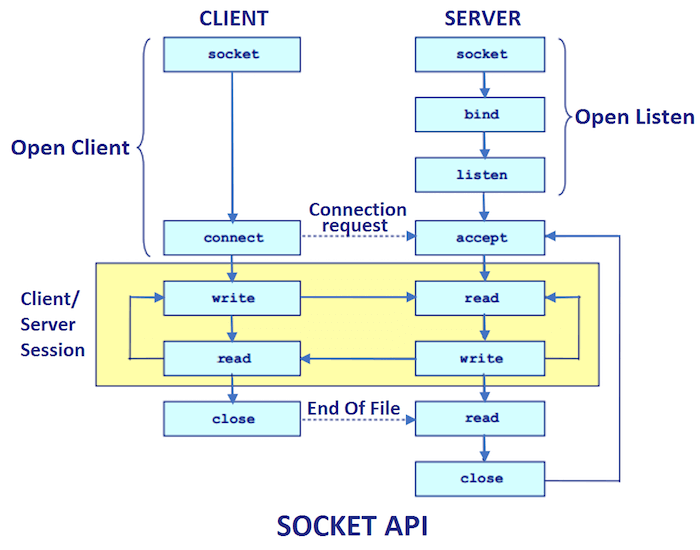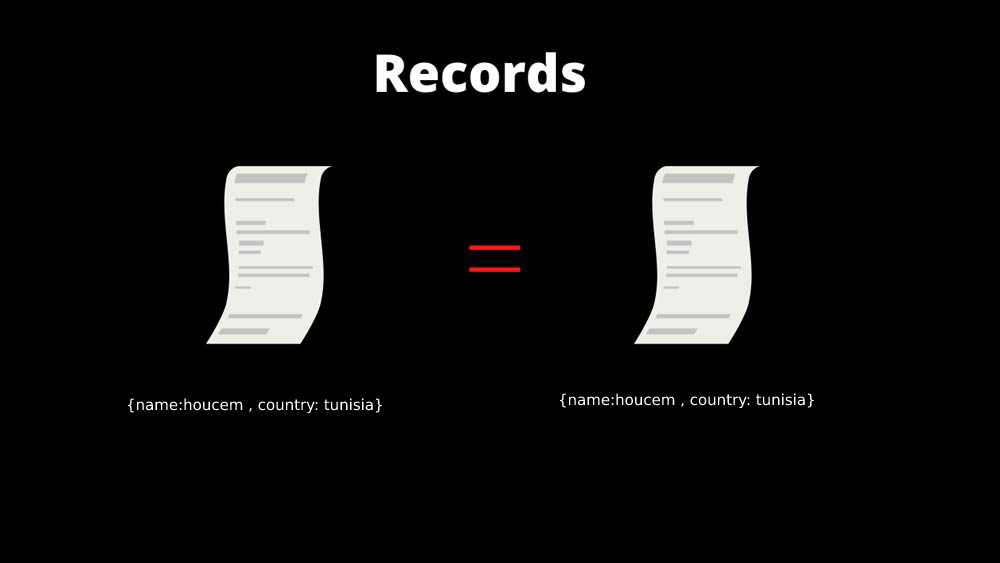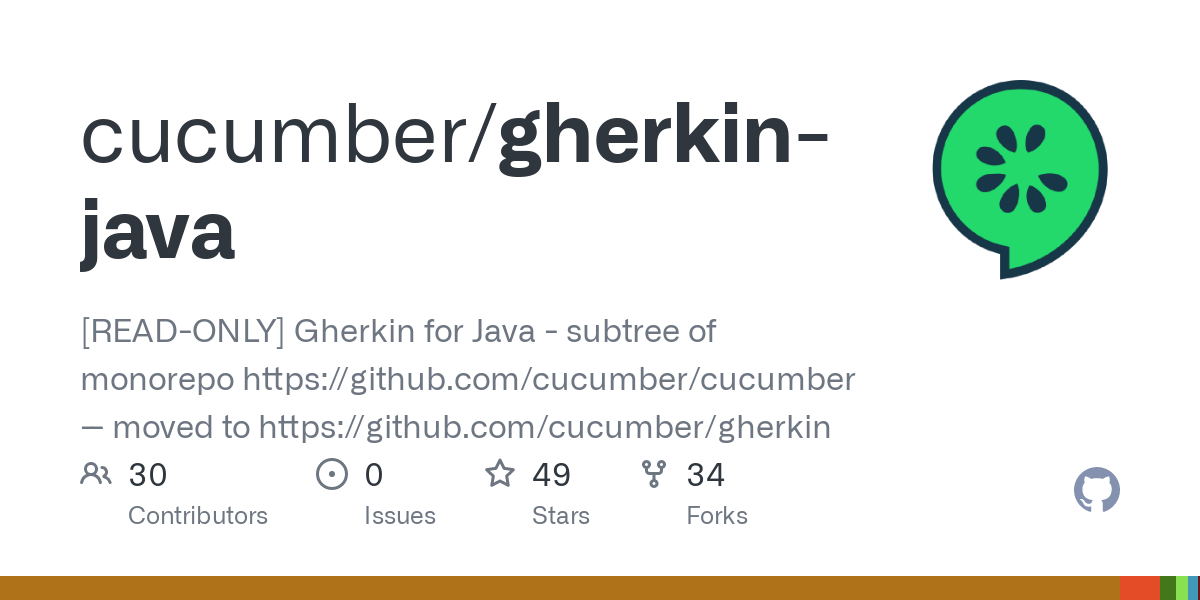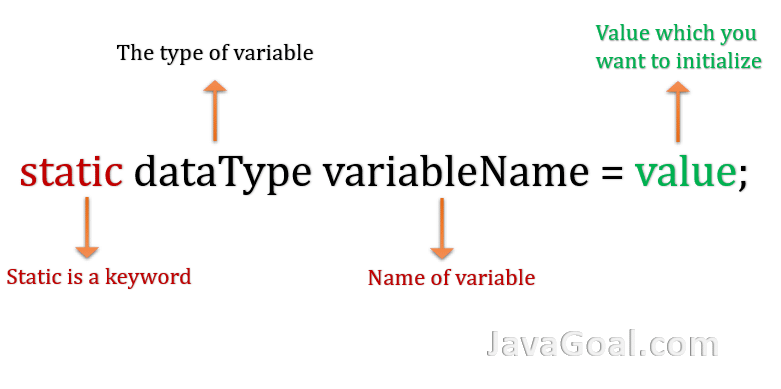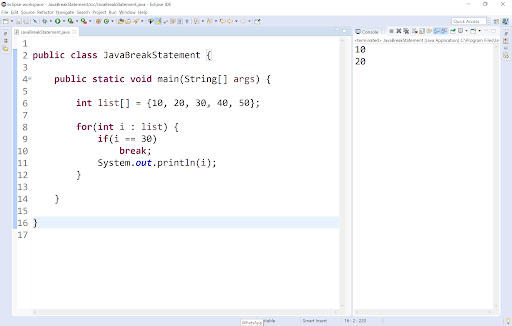How to generate JSON data in Java?
How to generate JSON data in Java?
I'm happy to help you with that! Generating JSON data in Java can be achieved through various libraries and frameworks. Here, I'll explain the most popular ones:
Jackson: This is one of the most widely used libraries for generating JSON data in Java. Jackson provides a simple API for converting Java objects into JSON and vice versa. You can add the dependency to your project using Maven or Gradle.Example:
ObjectMapper mapper = new ObjectMapper();
User user = new User("John", "Doe");
// Generate JSON from a Java object
String json = mapper.writeValueAsString(user);
System.out.println(json);
// Parse JSON into a Java object
JsonNode node = mapper.readTree(json);
User parsedUser = mapper.readValue(node.traverse(), User.class);
Example:
Gson gson = new Gson();
User user = new User("John", "Doe");
// Generate JSON from a Java object
String json = gson.toJson(user);
System.out.println(json);
// Parse JSON into a Java object
User parsedUser = gson.fromJson(json, User.class);
Example:
JSONObject userJson = new JSONObject();
userJson.put("name", "John");
userJson.put("lastName", "Doe");
String json = userJson.toString();
System.out.println(json);
Example:
User user = new User("John", "Doe");
String json = JsonbBuilder.create().toJson(user);
System.out.println(json);
To use any of these libraries, you'll need to add them as a dependency in your project's build file. For example, if you're using Maven, you can add the following dependency:
com.fasterxml.jackson.core
jackson-databind
2.13.0
In conclusion, generating JSON data in Java is a straightforward process with the help of libraries like Jackson, Gson, JSON-java, and JSON-B. Each library has its own strengths and use cases, so you can choose the one that best fits your project's requirements.
How to parse a JSON object in Java?
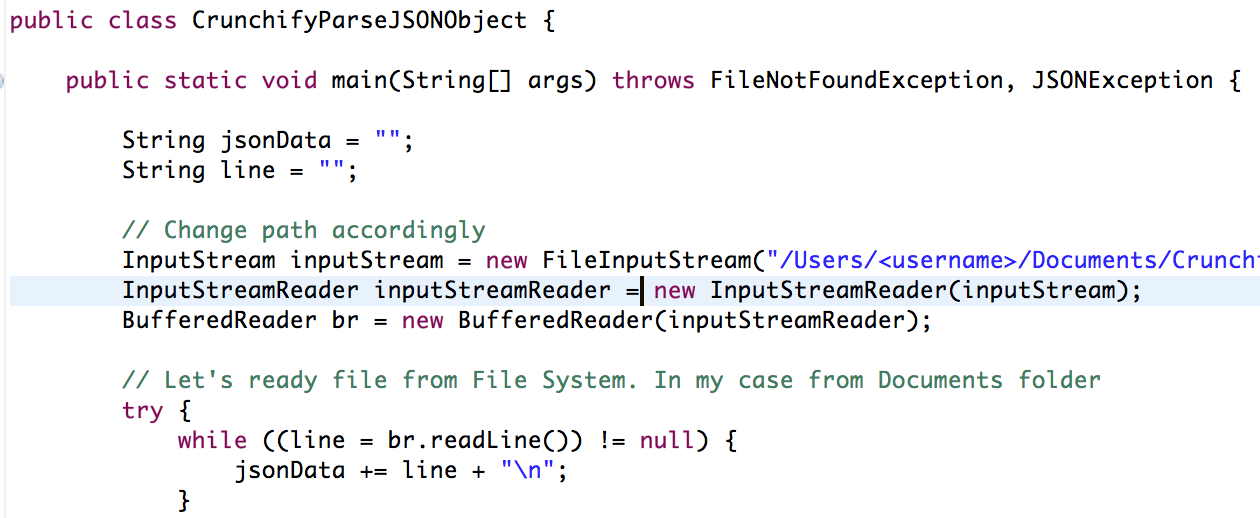
Parsing a JSON object in Java!
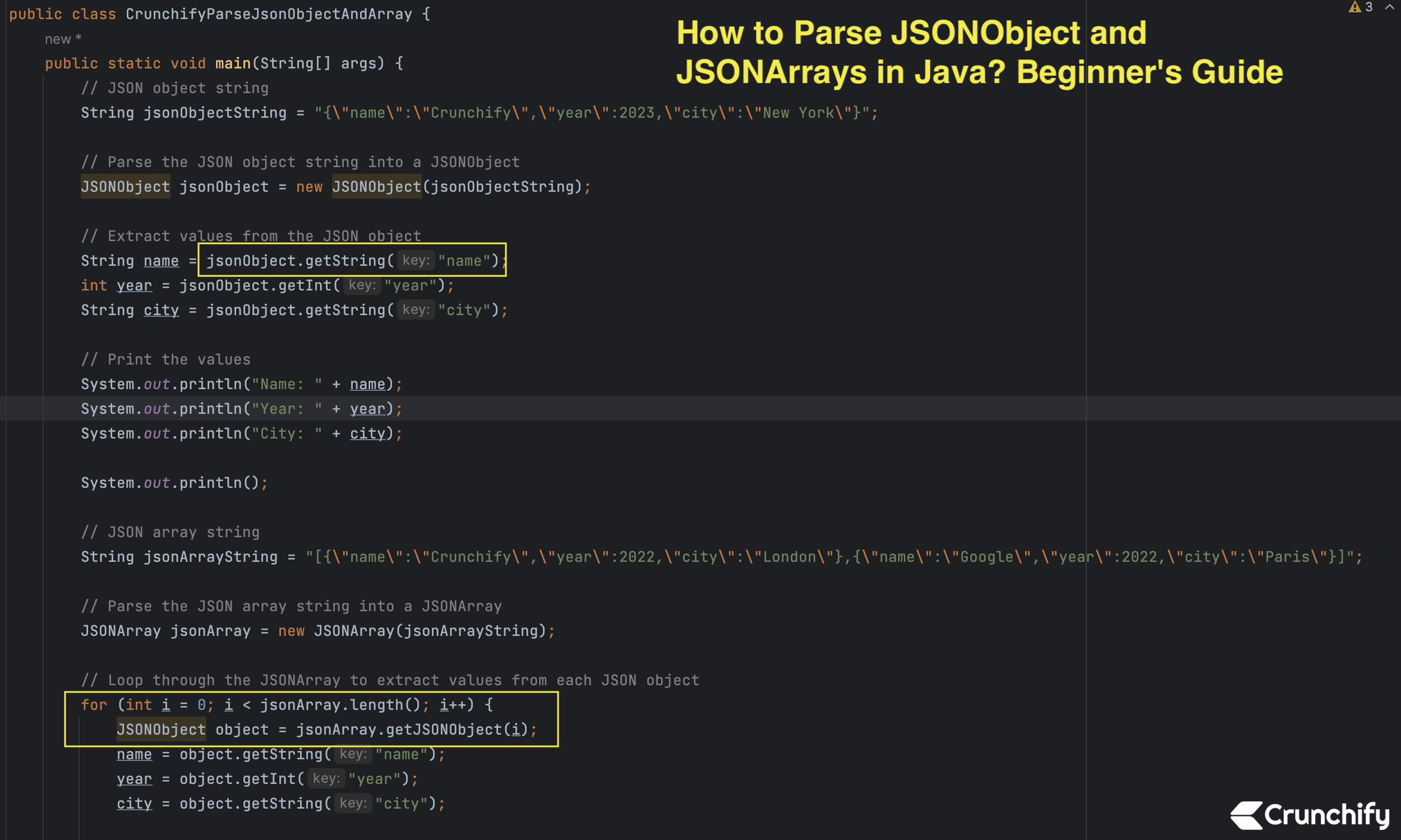
In today's world of web development, JSON (JavaScript Object Notation) has become an essential data format for exchanging information between the client-side and server-side. Java, being one of the most popular programming languages, provides several ways to parse JSON objects. Let's dive into some of the most widely used methods.
1. Using Jackson
Jackson is a popular library for processing JSON in Java. You can easily add it as a dependency in your project using Maven or Gradle. Here's an example of how you might use it:
import com.fasterxml.jackson.databind.JsonNode;
import com.fasterxml.jackson.databind.ObjectMapper;
public class JsonParser {
public static void main(String[] args) throws IOException {
String json = "{"name":"John", "age":30, "city":"New York"}";
ObjectMapper mapper = new ObjectMapper();
JsonNode node = mapper.readTree(json);
// Now you can access the JSON object's properties
System.out.println("Name: " + node.get("name").asText());
System.out.println("Age: " + node.get("age").asInt());
System.out.println("City: " + node.get("city").asText());
}
}
In this example, we use the ObjectMapper class to parse the JSON string into a JsonNode object. We then access the properties of the JSON object using various methods like get() and asText() or asInt().
2. Using Gson
Gson (Google's Simple JSON) is another well-known library for parsing JSON in Java. It provides a simple way to convert between Java objects and JSON data. Here's an example:
import com.google.gson.Gson;
import com.google.gson.GsonBuilder;
public class JsonParser {
public static void main(String[] args) {
String json = "{"name":"John", "age":30, "city":"New York"}";
Gson gson = new Gson();
MyJsonObject jsonObject = gson.fromJson(json, MyJsonObject.class);
// Now you can access the JSON object's properties
System.out.println("Name: " + jsonObject.getName());
System.out.println("Age: " + jsonObject.getAge());
System.out.println("City: " + jsonObject.getCity());
}
}
class MyJsonObject {
private String name;
private int age;
private String city;
public String getName() { return name; }
public int getAge() { return age; }
public String getCity() { return city; }
}
In this example, we define a custom class MyJsonObject that matches the structure of our JSON object. We then use the Gson class to parse the JSON string into an instance of this class.
3. Using Java API's (built-in)
Java 11 and later versions provide built-in support for parsing JSON using the java.json package. Here's an example:
import java.json.Json;
import java.json.JsonObject;
public class JsonParser {
public static void main(String[] args) {
String json = "{"name":"John", "age":30, "city":"New York"}";
JsonObject jsonObject = Json.createReader(json);
// Now you can access the JSON object's properties
System.out.println("Name: " + jsonObject.getString("name"));
System.out.println("Age: " + jsonObject.getInt("age"));
System.out.println("City: " + jsonObject.getString("city"));
}
}
In this example, we use the Json class to parse the JSON string into a JsonObject. We then access the properties of the JSON object using various methods like getString() and getInt().
These are just a few examples of how you can parse a JSON object in Java. Each approach has its own strengths and weaknesses, depending on your specific use case.
